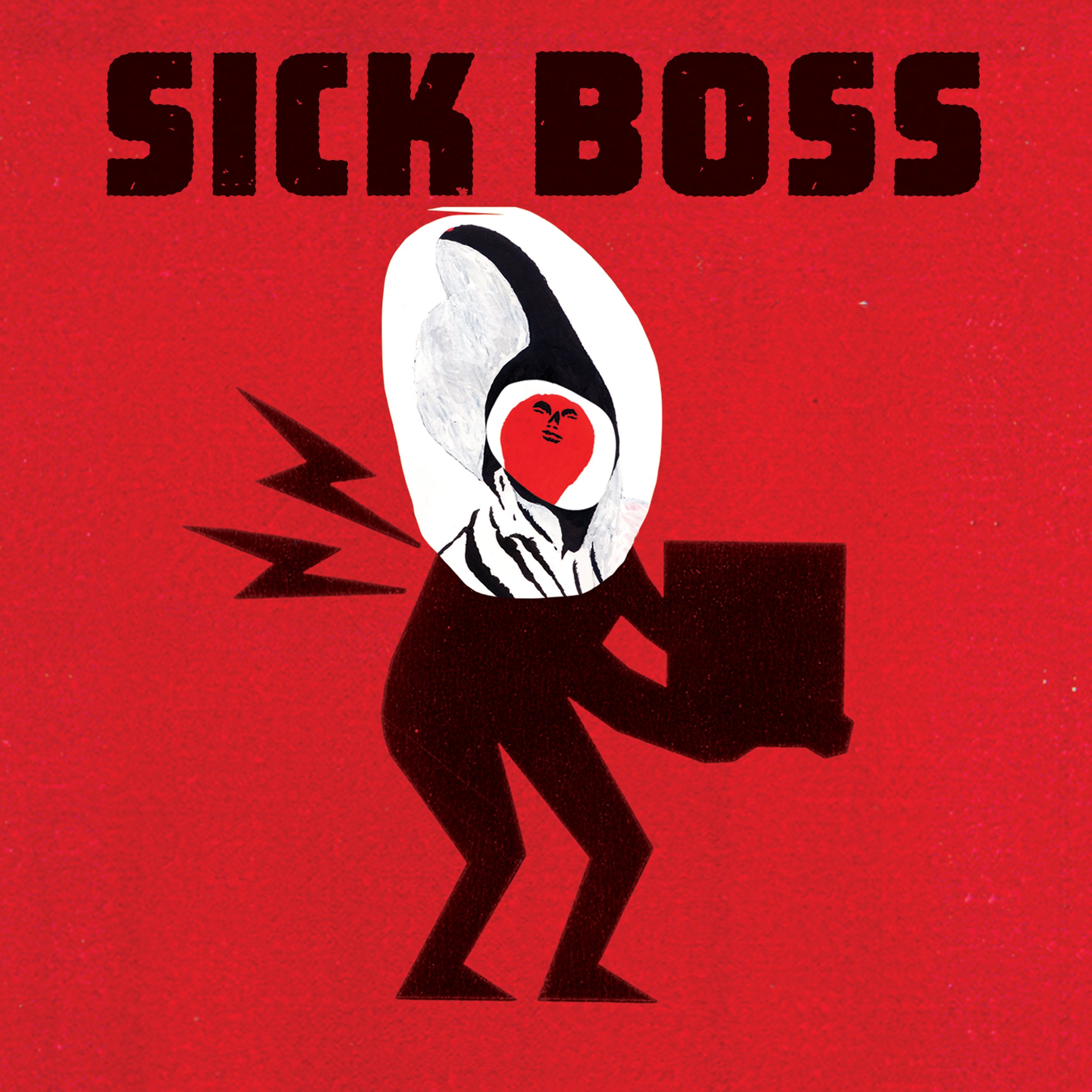Sick Boss
The initial material for the debut, self-titled album by SICK BOSS was recorded in a whirlwind session at Vancouver’s Warehouse Studios. What followed was at least 50 hours of overdubs, creating a massive bank of composed and improvised material that was treated to a year of analogue and digital editing and experimentation before the finalized arrangements were passed to Toronto’s Sandro Perri for mixing. The big, bold music that emerged from this process never stops moving, creating a rugged collage of ideas and references that evokes Captain Beefheart’s relentless experimentalism. Yet, the unruly freak-outs and driving melodies frequently give way to moments of exquisite fragility, recalling both the complicated melancholy of Elliot Smith and the woven compositions of Radiohead. The record broadcasts conceptual urgency, decisively pulling the ear through lush chamber landscapes to unrepentant psych-rock. It’s in these frequent moments of radical juxtaposition that SICK BOSS reveals its true edge: though two years of refinement have given the work a lot of polish, this is a band that will always agitate for creative upheaval.
In its sinuous melodies and complex rhythms, SICK BOSS immediately calls to mind composer Cole Schmidt’s work in Juno-award winning outfit Pugs and Crows. Yet, the frenetic swirl of creative improvisation, rock, folk and modern jazz hints at the many voices propelling the material. The songbook grew from weekly residencies in a pair of Vancouver bars, where guest artists were invited to sit in with core members Schmidt, bassist James Meger and drummer Daniel Gaucher, who also contribute compositions to the project. Sometimes, this process was incredibly spontaneous, involving musicians who hadn't played together before improvising for an entire evening. At other times, the trio collaborated with their guests to prepare entire programs of original music. The debut record features great playing by a sextet of key voices from the West Coast creative music scene, alongside aching vocal spots by Debra-Jean Creelman and Molly Guldemond, popularly known for their work with Mother Mother.
PERSONNEL:
Cole Schmidt: guitar + fx
James Meger: bass + fx
Dan Gaucher: drums + fx
Peggy Lee: cello
JP Carter: trumpet + fx
Tyson Naylor: synthesizer, organ, piano, accordion + fx
Jeremy Page: clarinet
GUEST ARTISTS:
Tony Wilson: guitar (1,2,8)
Ted Crosby: bass clarinet/ clarinet (2,5,8)
Debra-Jean Creelman: voice (4,6,9)
Molly Guldemond: voice (6)
Malcolm Jack: MFB-502 Drum Computer (4)
Press
“...with a sound influenced by jazz but it is unafraid to grab electronic elements. There’s improvisation, there’s a general sense of dread put forth by the range of instruments, and there’s even the occasional vocals to add a sense of mystery to the proceedings.” - Grayowl Point
“This mixture of compositional nuance and free-wheeling improvisation is what brings the entire album together. Every song seems to be on the verge of exploding with musical ideas.” - Discorder
"They can take a simple musical idea, a repeated riff, a delicate statement of intent and develop it into a complex interwoven composition, chamber music, a jazz improvisation, or veer left into a straight out rock rave up." - BC Musician Magazine
"The album is a bold work that melds jazz, post-rock, folk and pure ad lib spontaneity." - Ride The Tempo
"Drawing on the wide-screen visions of older Vancouver improvisers such as Ron Samworth, Peggy Lee, and his mentor Tony Wilson, guitarist Cole Schmidt has added volume and darkness." - The Georgia Straight
"Mercurial and unpredictable it might be, but the forty-six-minute collection offers no small number of pleasurable moments" - Textura
Top Albums of 2017: The Georgia Straight
Review: BC Musician Magazine
Album Review: Textura
Review: Discorder





